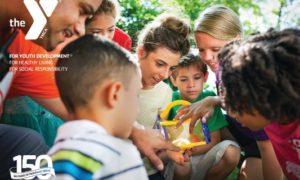
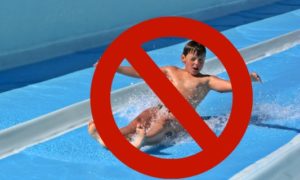
Growing up, summers meant surviving 100 degree days, wishing for a swimming pool but making due with a sprinkler, riding bikes with the air rushing through my hair, running after ice cream trucks, and catching lightening bugs. My notion of carefree summers came to a screeching halt when my then kindergartener came home from her last day of school with a pile of work to do over the summer – writing, reading and math. Although my idyllic summertime memories were (sadly) no longer the norm, I learned that there were some good reasons why. Chief among them was that when summer is over and students head back to school, kids find that they have fallen behind. Educators call it “Summer Slide.”
What’s Summer Slide?
Once school is out and summer is in full swing, many children, especially struggling readers, forget some of what they learned at school – or they slip out of practice since they’re not in school each day. Studies show that low-income kids are particularly impacted. Summer slide is an issue that has serious implications for kids and for our community. Its impact is not just on our youngest learners, it’s seen across all elementary grades.
Why does it matter?
Consider this, a typical child in our community loses two months of reading achievement over the summer and that loss is cumulative. By the 4th grade, losing two months every summer is like being a year behind. Summer learning loss accounts for two-thirds of the 9th-grade achievement gap in reading between students from low-income households and their higher-income peers. What’s worse, studies show that kids not reading on grade level by the 3rd grade are up to 13 times less likely to graduate from high school. Not only is this an issue for kids and their parents but for the business community as the workforce of tomorrow is in school today. This isn’t a school issue or a family issue, it’s a community issue.
Combating Summer Slide
Reading every day is the best thing kids can do to avoid Summer Slide. The community also plays a role by offering no or low-cost summer enrichment activities which help kids move ahead academically rather than fall behind.
What parents can do
- Get a library card. Local libraries run summer reading programs typically with prizes and incentives for the number of books read which help to make the summer months even more fun.
- Six books. Research shows that reading just six books during the summer may keep a struggling reader from regressing.
- Read daily. Encourage your child to read every day. It can be a billboard, a book, a recipe, a license plate, a magazine, comics, etc.
- Read to your child. Struggling or new readers build comprehension and reading skills by listening to others.
- Make it fun. Let kids choose what they want to read. The more kids like what they read, the more apt they are to read.
There are many metro-wide enrichment activities that are free or low cost. Here are just a few:
- Hitchcock Nature Center. Hitchcock charges $2 per car per day for a one-of-a-kind nature/outdoors experience. Walk, hike, look for soaring hawks, or just relax.
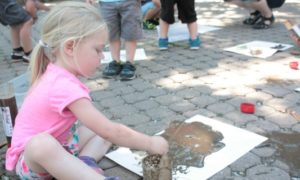
- Joslyn Museum. Free. See works of art up close and visit the very kid-friendly and hands-on “art works” space. Head outside to get some splash time in the fountains!
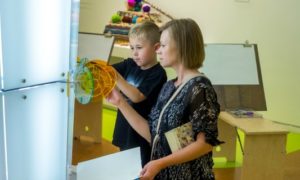
- Omaha Children’s Museum (OCM). OCM offers $5 welcome memberships (which are year-long) to families with children ages 0-8 who otherwise may not be able to enjoy OCM due to financial barriers. Check out the program to see whether you’re eligible!
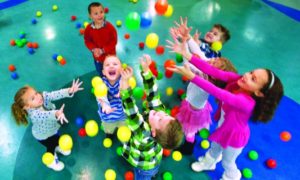
- Public Libraries. Free. Libraries offer summer reading programs to all in the community. Check out the Council Bluffs Public Library’s kids events.
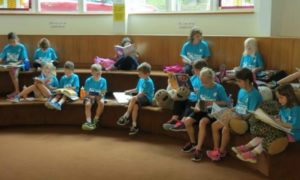
- Boys & Girls Clubs. The Boys & Girls Clubs offer a fun, safe, and low-cost program for families both throughout the school year and during the summer.

- YMCA. The YMCA offers a variety of summer programs for kids of all ages and works with families of all financial abilities to help ensure that as many kids as possible can attend camps.
ymca.jpg
